Illustration by Ren Rader
It never bothered me much in the past; in fact, I quite liked playing the role of the contrarian sometimes. People’s discomfort and confusion with my centrist ideology have always been an amusing thing to me. I have always been a born and bred Democrat that bleeds blue.
However, I am a different kind of breed from the ones many of you typically hear about on MSNBC or read about in the Atlantic and the Huffington Post.
Even though being a political moderate or centrist these days is far from as popular as it once was in the 1990s, I write this column to make it clear to you that there are still some of us out there today, and we are not all upper-middle class suburban white men over 50.
Indeed, I am a working-class Hispanic homosexual from a small town, who so happens to be going to this elite private university in large part because of union scholarships.
There is a myth out there that centrists and political moderates lack conviction and are indecisive and impassioned. This notion has in recent months been popularized by left-wing politicians like Rep. Alexandria Ocasio-Cortez who went so far as saying, “It feels like ‘moderate’ is not a stance; it’s just an attitude toward life, of like ‘meh.’” This mischaracterization of moderate politics is just wrong.
I also felt as though there was little-to-no middle ground or mutual understanding amongst the various political circles on campus. Here at Trinity, there is an idea that we are either a liberal or conservative campus, but I think in actuality there is a lot more diversity. In years past we haven’t had many opportunities for cross-ideological discussions or conversations. Most students here, unfortunately, tend to stick to their respective sides and stay in their echo chambers, thereby reinforcing their beliefs and not enriching their arguments or self-understanding.
Last semester, I and a few others across the political spectrum felt our campus was missing a forum for sharing ideas and decided to create a new student organization called the Maverick Society. Our goal is to learn alongside one another about political issues and political science in a way that is civil, respectful and more academic than activistic. We are hoping to change the way of thinking when discussing politics on campus.
A maverick is defined as someone who is independent-minded. This does not mean mavericks have to be centrists or independents, but rather just critical thinkers that formulate their own opinions and love a good debate. Whether you identify with the right-wing, left-wing, center or even have no idea I encourage all who are interested to join.
Ben Falcon is a founding member of the Trinity University chapter of the Maverick Society.

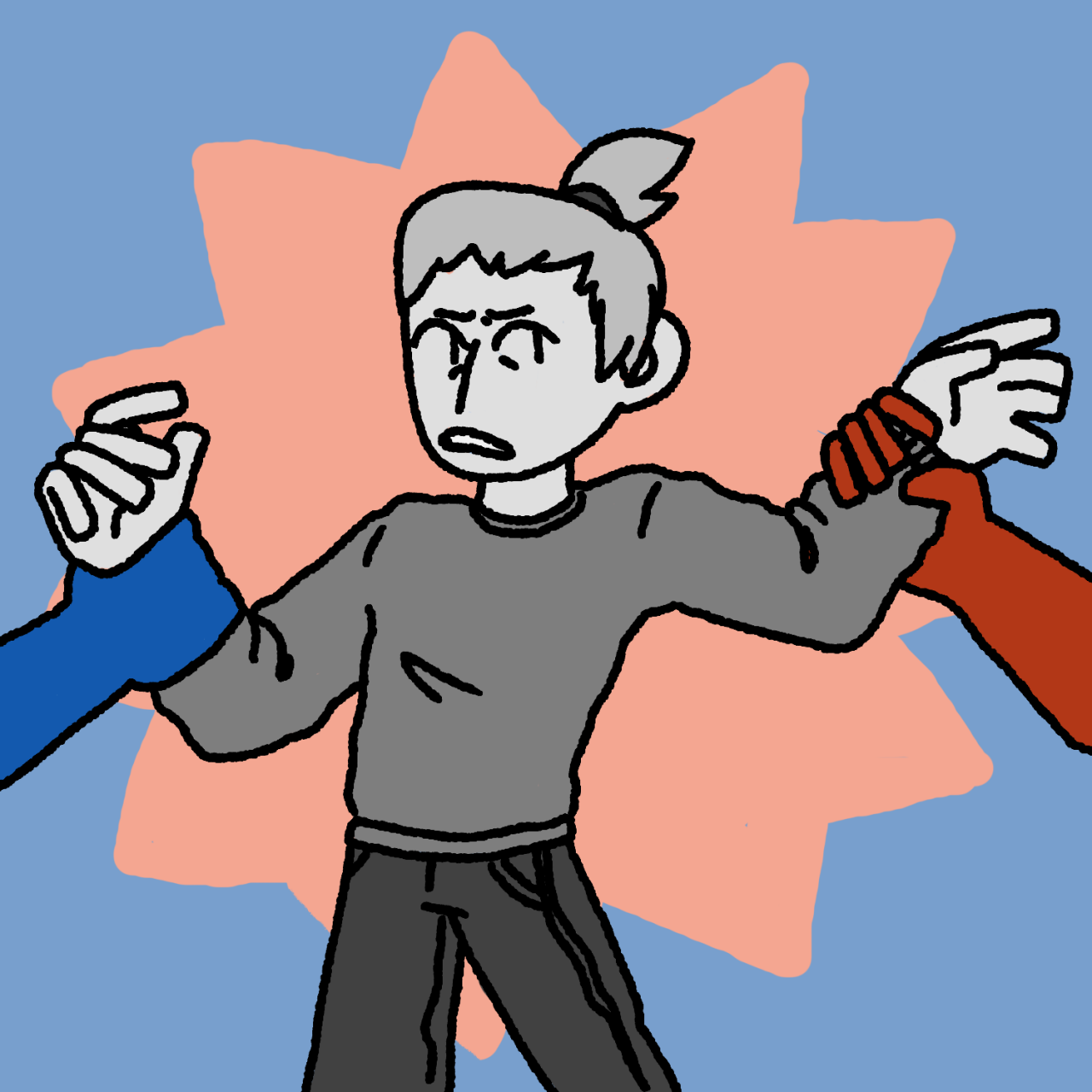
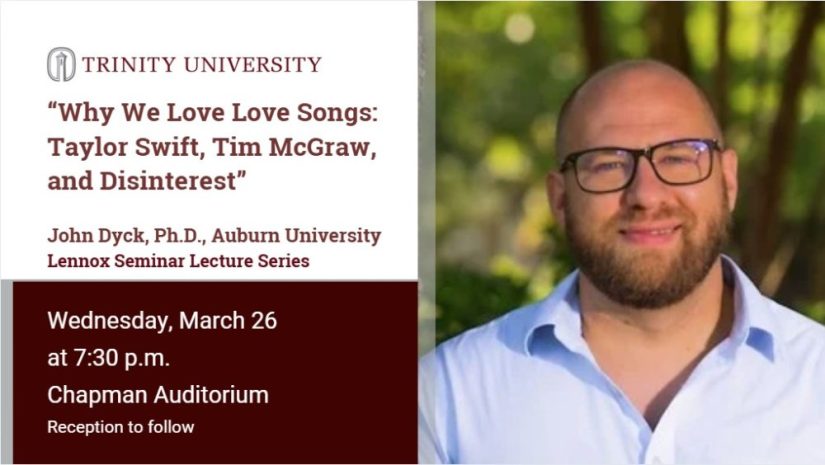
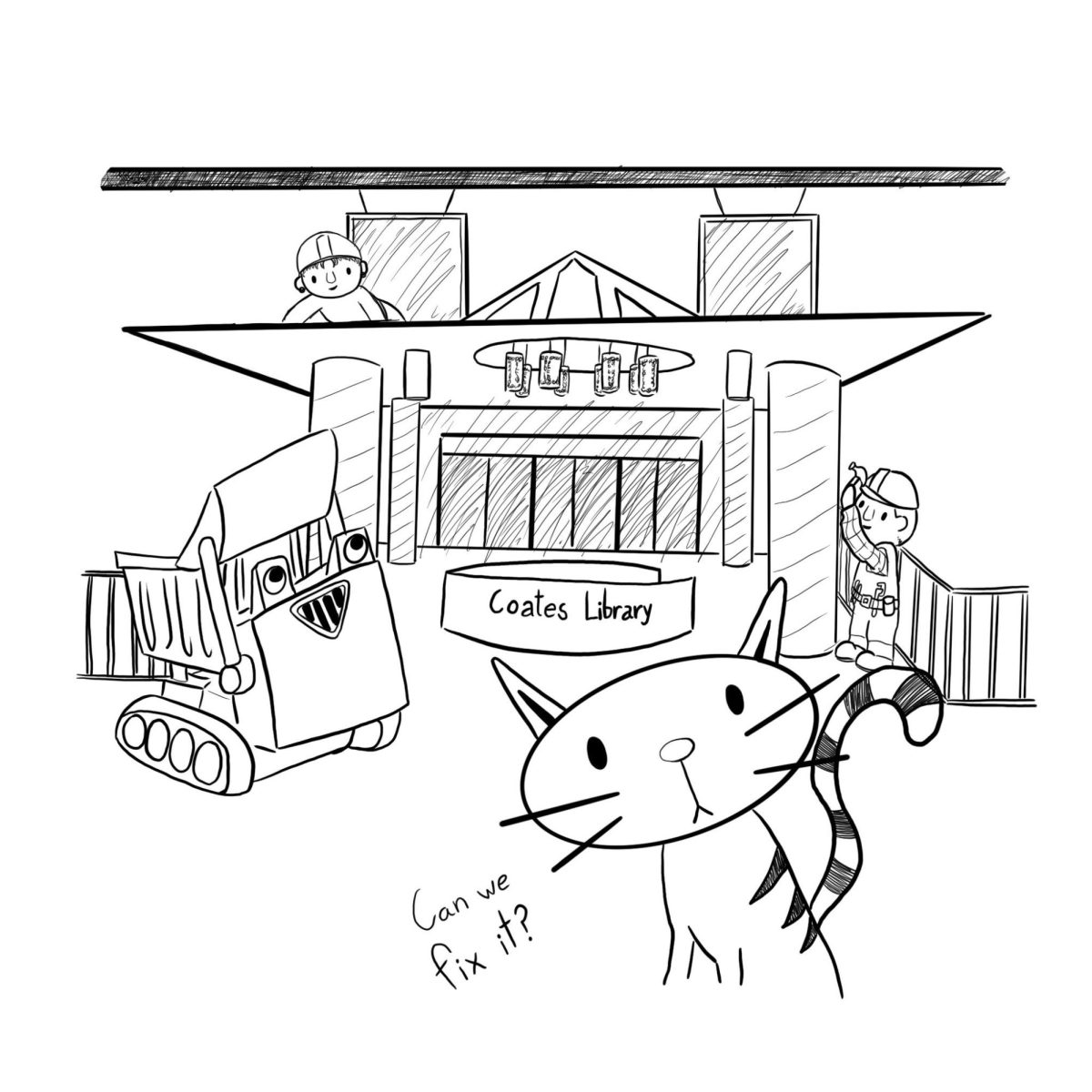
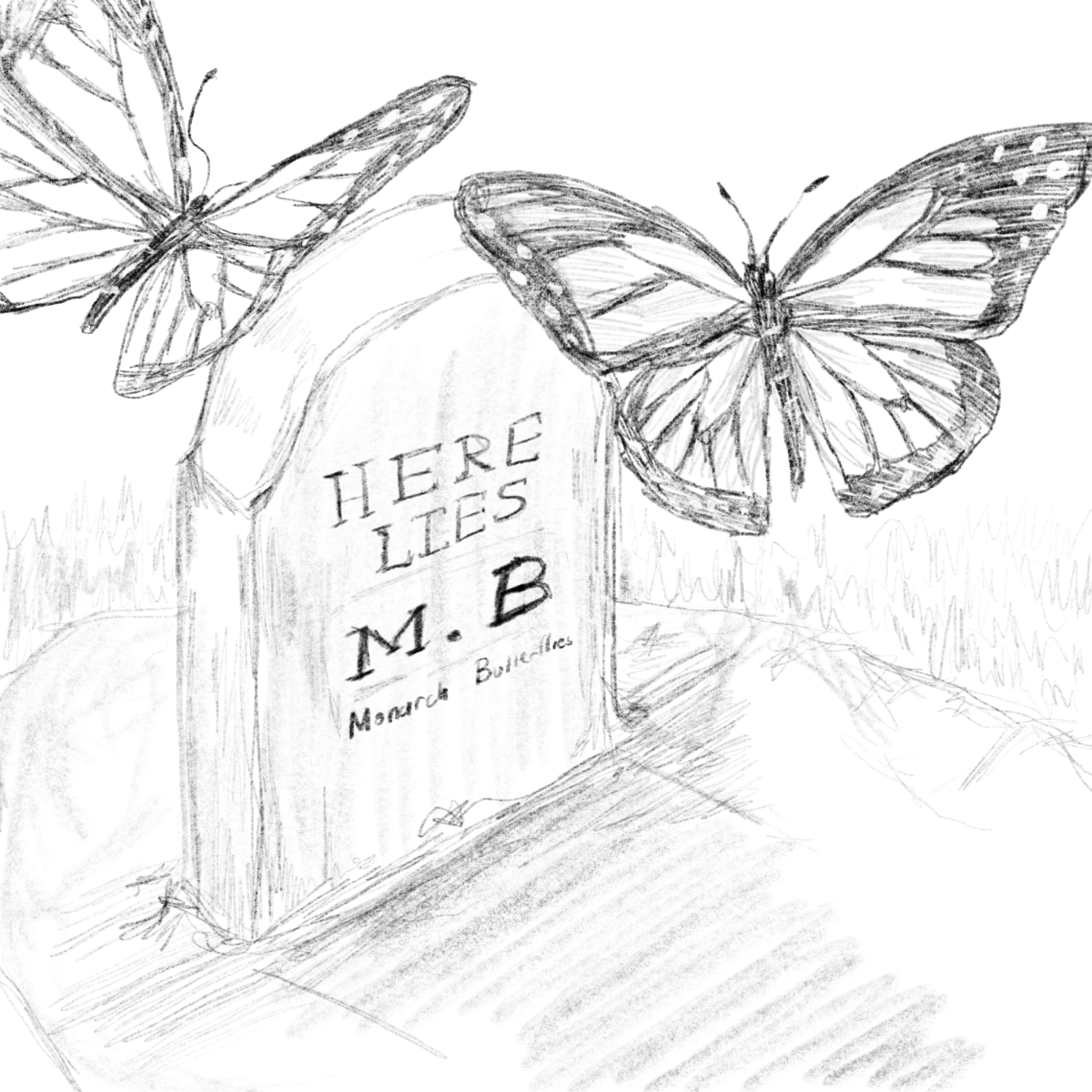
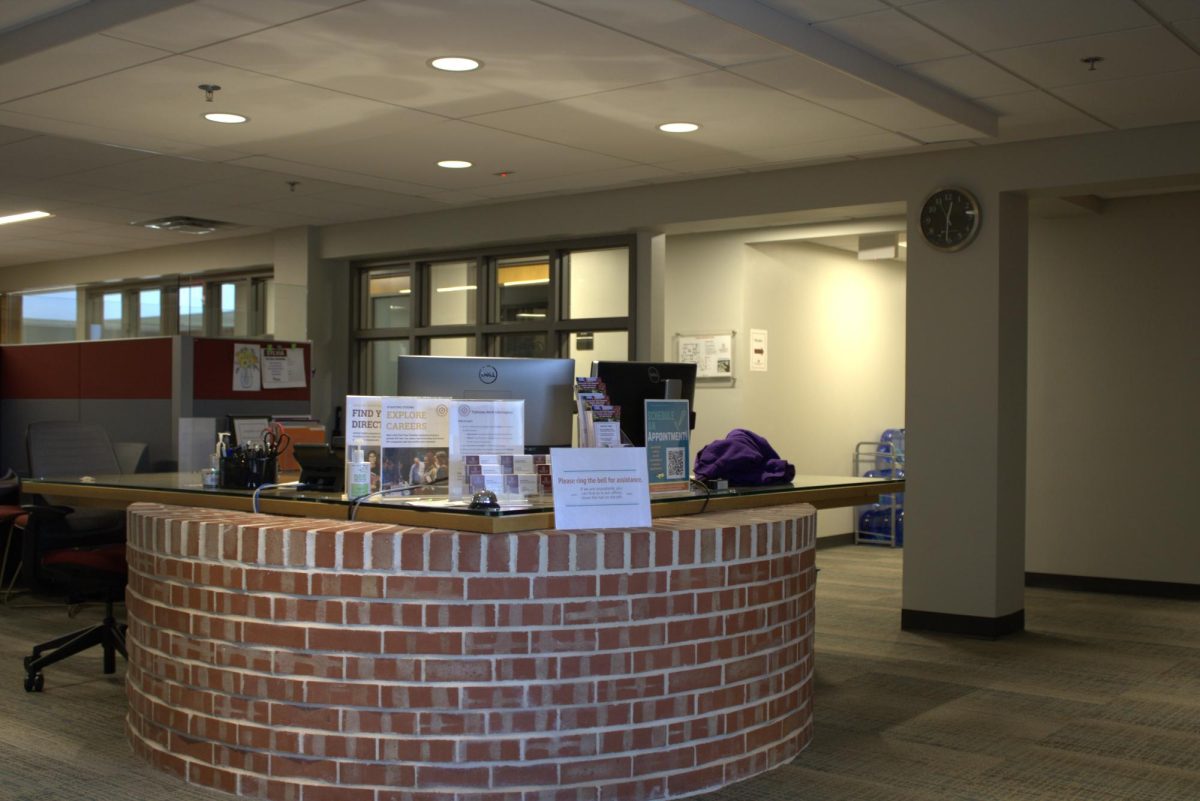
Jared Root • Feb 19, 2025 at 4:15 pm
Hello Ben, I stumbled onto this article and found it very inspiring and honest. Excellent thoughts. The world would be much better off if critical thinking was used in politics.